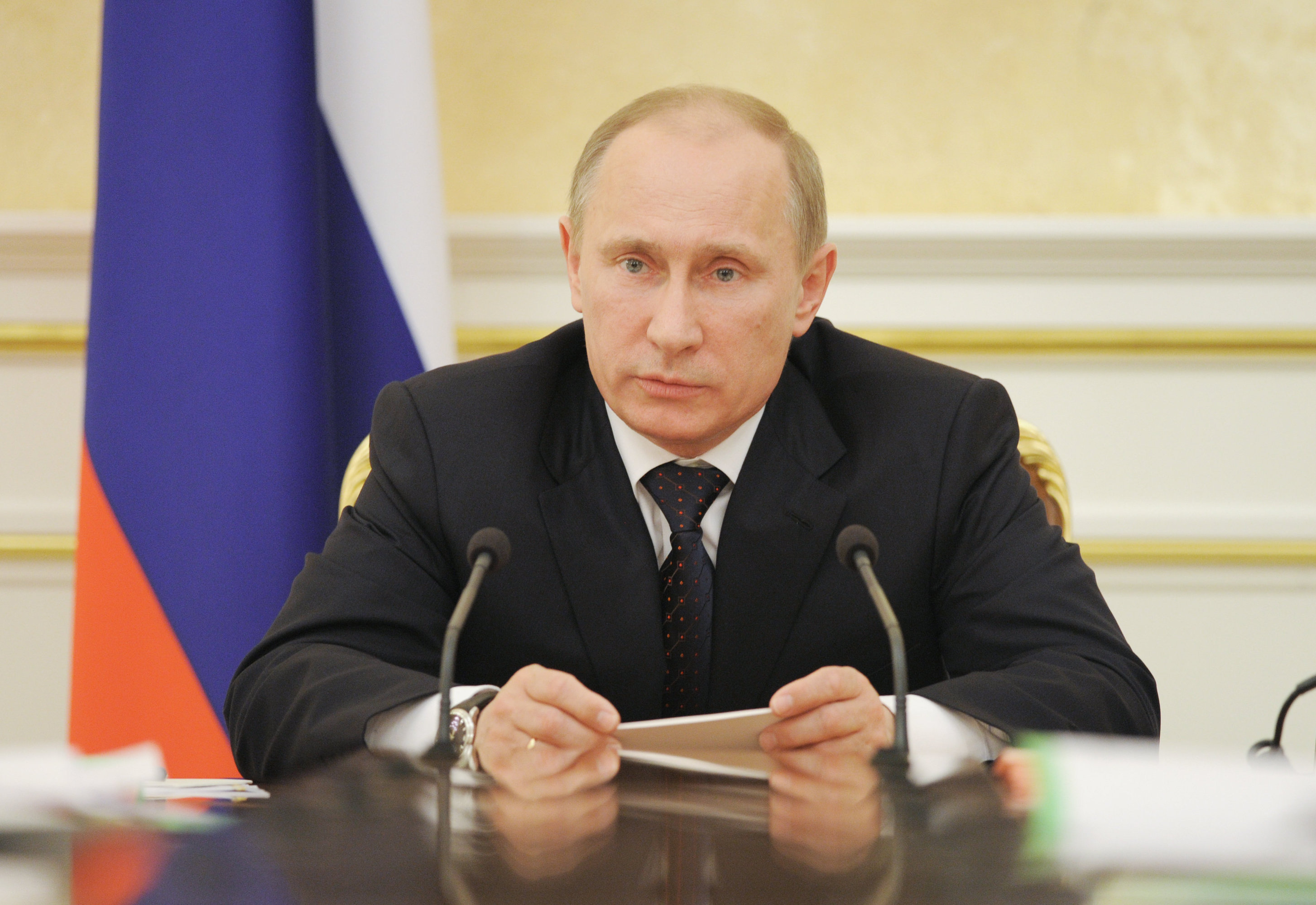MOSCOW, July 20 - RAPSI. President Vladimir Putin has expressed his support of the laws (including protest-provoking laws) adopted by the State Duma during its Spring session, although he stressed that they should be applied in an appropriate and civilized manner.
The parliament's lower house has passed over 150 bills in the spring and summer. The most high-profile of these are the following: the law increasing punishments for violations during rallies; the law branding non-profit entities financed from foreign sources and engaged in politics "foreign agents"; the law recriminalizing defamation; and the law establishing a black-list of websites with illegal content. It has also adopted a law radically simplifying the procedure for setting up and registering a political party.
Under the "foreign agents" law, the "foreign agents" will be entered into a special registry and various legal regulations will be applied to them, which will not apply to ordinary non-profit organizations. The regulations will stipulate specific accountability and checks.
The registry of domains and websites with illegal content will be established as of November. It will include websites which contain information harmful for children, child pornography or information promoting suicide or drugs.
The Internet community reacted negatively to the bill, fearing government censorship. Wikipedia also staged a protest, temporarily shutting down its Russian pages on Tuesday.
As for the Criminal Code's defamation article, the deputies removed the custodial punishment from the amendments, but significantly raised the fines up to a maximum of 5 million rubles ($153,000).
Slander or libel in a public speech, a public work, or the media will no longer carry a 200,000 ruble ($6,000) fine, but rather a fine of up to 1 million rubles ($30,500). Defamation combined with abuse of office will be punished by up to 2 million rubles ($61,000) instead of 300,000 rubles ($9,000).
Defamation in conjunction with accusations of a grave crime may entail a maximum 5 million ruble ($153,000) fine, which is 10 times higher than the sum previously proposed.
The amendments will also add an article to the Criminal Code stipulating a fine of up to 2 million rubles ($61,000) for slander or libel against a judge, a jury member, a prosecutor, an investigator or a bailiff during court proceedings.
The law on rallies has increased the fines by 10 times, stipulated compulsory community service for violators and prohibited the wearing of masks during protests. The maximum fine has risen to 300,000 rubles ($9,200) for private individuals and 600,000 rubles ($18,400) for public officials.
The law also cracks down on unauthorized rallies by prohibiting any mass actions organized under the guise of mass gatherings, or so-called "people's promenades," should they cause public unrest.



